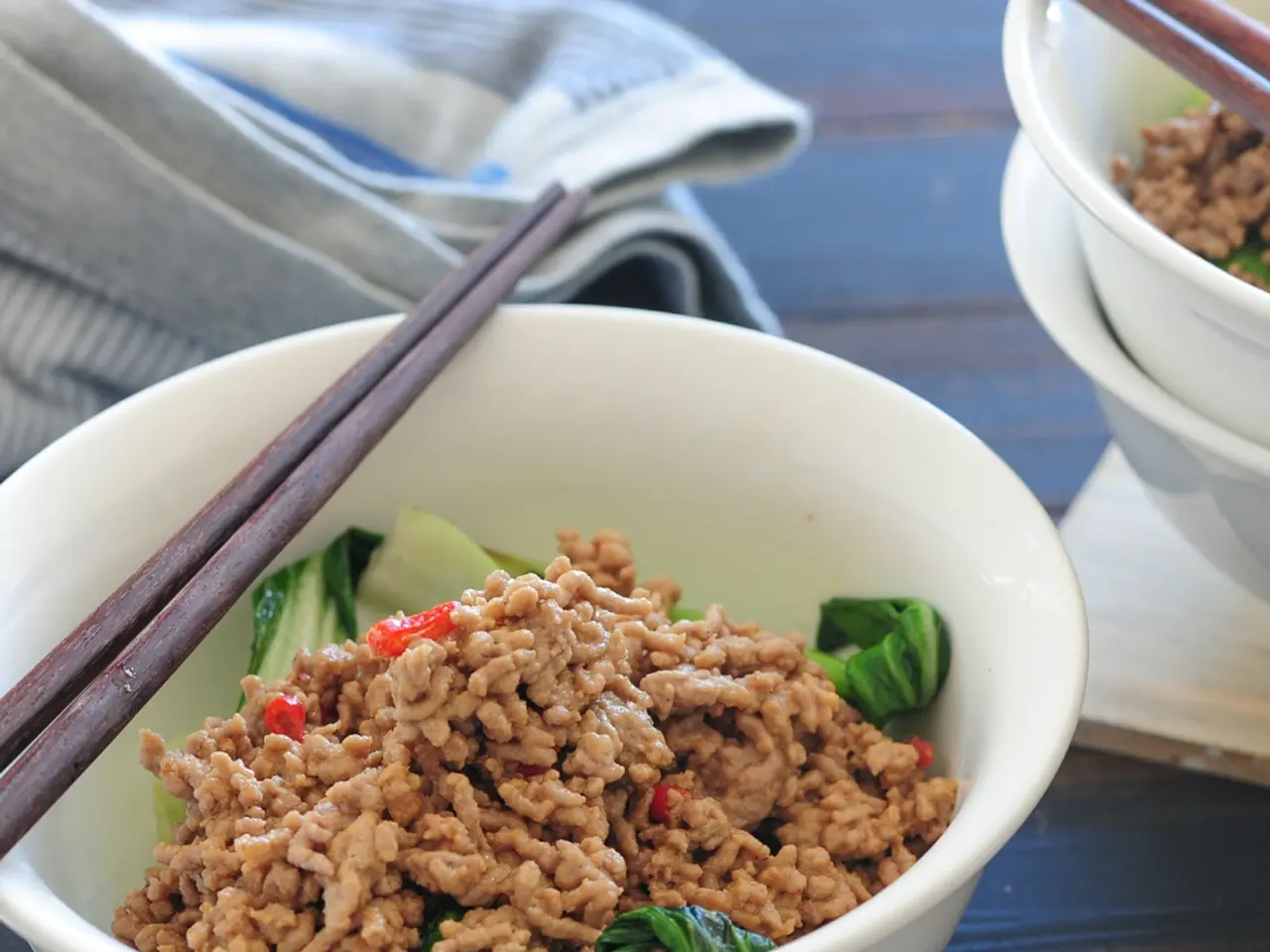Flare-ups of ulcerative colitis: Causes, signs, and strategies for managing
Ulcerative colitis (UC) is a chronic inflammatory bowel disease that affects the large intestine and rectum. A variety of treatments are available to manage UC, including medications and dietary changes.
Doctors can prescribe a range of medications to treat bowel inflammation and prevent flares. These include TNF-α antagonists, anti-integrin agents, Janus kinase inhibitors, interleukin 12/23 antagonists, immunomodulators, 5-aminosalicylic acid (5-ASA), and corticosteroids. While corticosteroids have an anti-inflammatory effect, they are only prescribed for short-term use due to potential side effects and long-term complications. For those allergic to sulfa, a sulfa-free form of 5-ASA can be prescribed.
5-ASA is a key treatment option for UC, and a person can take it in pill form or as suppositories to reduce inflammation.
In addition to medication, managing diet can be crucial in preventing and managing UC flares. A doctor or dietitian can help recommend options tailored to the individual's needs.
Managing stress is also important in a UC prevention plan, as stress may contribute to flares.
When it comes to diet, a gentle, nutrient-rich, and low-irritant diet is often recommended. This usually means avoiding dietary irritants such as alcohol, caffeine, spicy foods, and high-fat meals, especially during flares.
During flares, it is helpful to consume low fiber fruits like peeled apples, bananas, and ripe mango, refined grains like white bread and white rice, and cooked vegetables that are easy to digest, avoiding raw, cruciferous, or seed-containing veggies.
Choosing lean protein sources, such as eggs, chicken, turkey, fish, tofu, yogurt, and nut butters, is also recommended because protein supports healing and reduces muscle loss during flares.
A low FODMAP diet, which avoids certain sugars poorly absorbed in the intestine, can reduce gut symptoms like bloating and pain. This diet can be particularly helpful for those with UC.
Healthy fats like avocado oil and smooth nut butters can provide calories without irritating the gut, while water-rich fruits and vegetables can help maintain hydration.
In summary, ulcerative colitis dietary guidance emphasizes a gentle, nutrient-rich, and low-irritant diet tailored to individual tolerances. This usually means low fiber/low residue foods during flares, lean proteins, limited fats of the right type, and avoidance of known triggers such as alcohol, caffeine, lactose, gluten, and spicy or fatty foods.
- Established science has shown that a variety of treatments are available to manage ulcerative colitis (UC), including medications and dietary changes.
- Doctors can prescribe entities like TNF-α antagonists, anti-integrin agents, Janus kinase inhibitors, and 5-aminosalicylic acid (5-ASA) for treating the inflammation of the large intestine and rectum.
- Some medications, such as corticosteroids, have an anti-inflammatory effect but are only prescribed for short-term use due to potential side effects and long-term complications.
- Those allergic to sulfa can be prescribed a sulfa-free form of 5-ASA, a key treatment option for UC, which can be taken in pill form or as suppositories.
- A doctor or dietitian can help recommend dietary changes tailored to the individual's needs, as managing diet can be crucial in preventing and managing UC flares.
- Stress management is also important in a UC prevention plan, as it may contribute to flares.
- For a person with UC, a gentle, nutrient-rich, and low-irritant diet is often recommended, which usually means avoiding dietary irritants such as alcohol, caffeine, spicy foods, and high-fat meals.
- During flares, low fiber fruits like peeled apples, bananas, and ripe mango, refined grains like white bread and white rice, and cooked vegetables that are easy to digest can be helpful.
- Choosing lean protein sources like eggs, chicken, turkey, fish, tofu, yogurt, and nut butters is also recommended because they support healing and reduce muscle loss during flares.
- A low FODMAP diet can reduce gut symptoms like bloating and pain by avoiding certain sugars poorly absorbed in the intestine, a strategy that can be particularly helpful for those with UC.
- Healthy fats like avocado oil and smooth nut butters can provide calories without irritating the gut, while water-rich fruits and vegetables can help maintain hydration.
- In summary, ulcerative colitis dietary guidance emphasizes a gentle, nutrient-rich, and low-irritant diet tailored to individual tolerances, which usually means low fiber/low residue foods during flares, lean proteins, limited fats of the right type, and avoidance of known triggers such as alcohol, caffeine, lactose, gluten, and spicy or fatty foods.
- Workplace-wellness programs, medical-conditions management, chronic-diseases awareness, and initiatives in areas like mental-health, skin-care, nutrition, psoriasis, and other skin conditions are all key aspects of promoting health-and-wellness, fitness-and-exercise, and overall eye-health.







